


The New Development Bank, founded by BRICS countries, has announced its plans to increase lending to development projects in Bangladesh to $1 billion this year. The bank's vice president, Vladimir Kazbekov, stated that they have already approved $320 million for the Dhaka City Water Supply Resilient project, but intend to more than triple that amount in light of Bangladesh's growing development needs. The chief adviser of Bangladesh, Professor Muhammad Yunus, welcomed the lender's efforts and noted the potential for significant contributions towards infrastructure development and support for the private sector.
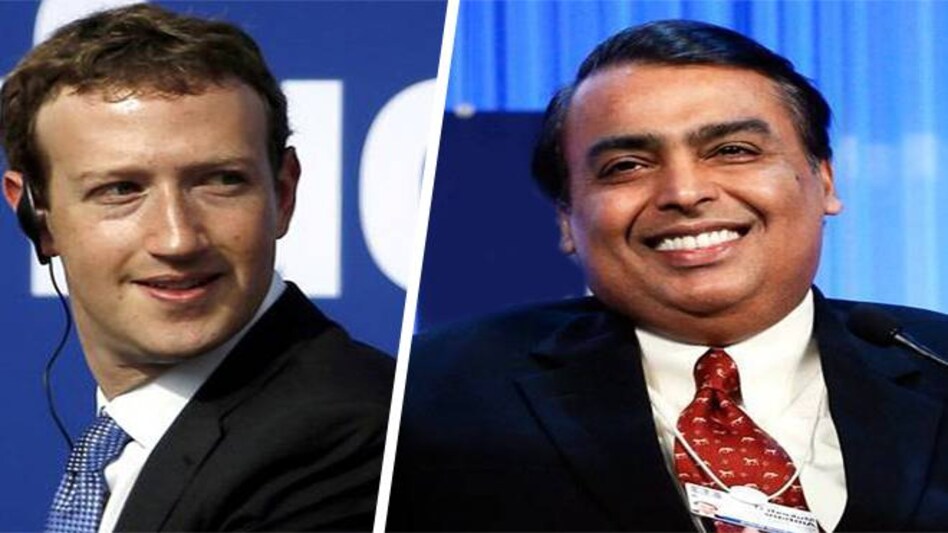
Recently, the Competition Commission of India (CCI) has proposed changes to the penalty recovery process, which has sparked public feedback. Tech giant Meta has also appealed against a CCI penalty and will be having a hearing at the NCLAT on January 16th. In addition, the RBI has tightened penalties for payment system violations, while the CCI studies competition in the renewable energy market among BRICS countries. Sebi has also released new guidelines for waiver procedures for penalty interest, but India's digital data protection rules do not impose any penalties. The telecom industry is also facing challenges in recovering investments due to subscriber complaints, and the CCI is seeking more information on a quick commerce complaint. However, the CCI has stated that they are unlikely to probe alleged bribery allegations against the Adani group.
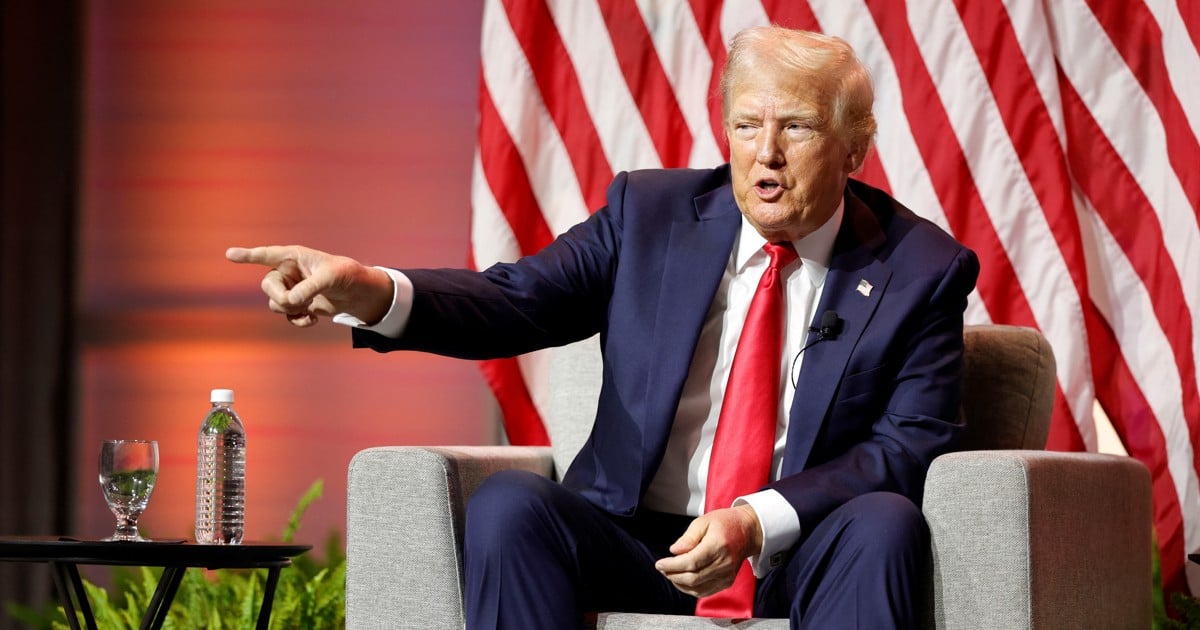
In a fiery post on his new social media platform, Donald Trump has warned BRICS countries against any attempts to move away from the US dollar in global trade. The former US President has threatened to impose 100% tariffs on these countries and cut off their access to the US market if they continue with plans to create an alternative currency. Trump's statements highlight the ongoing struggle between the US and emerging economies like India, China and Brazil, who seek to reduce their dependence on the US dollar and increase financial integration among BRICS nations.
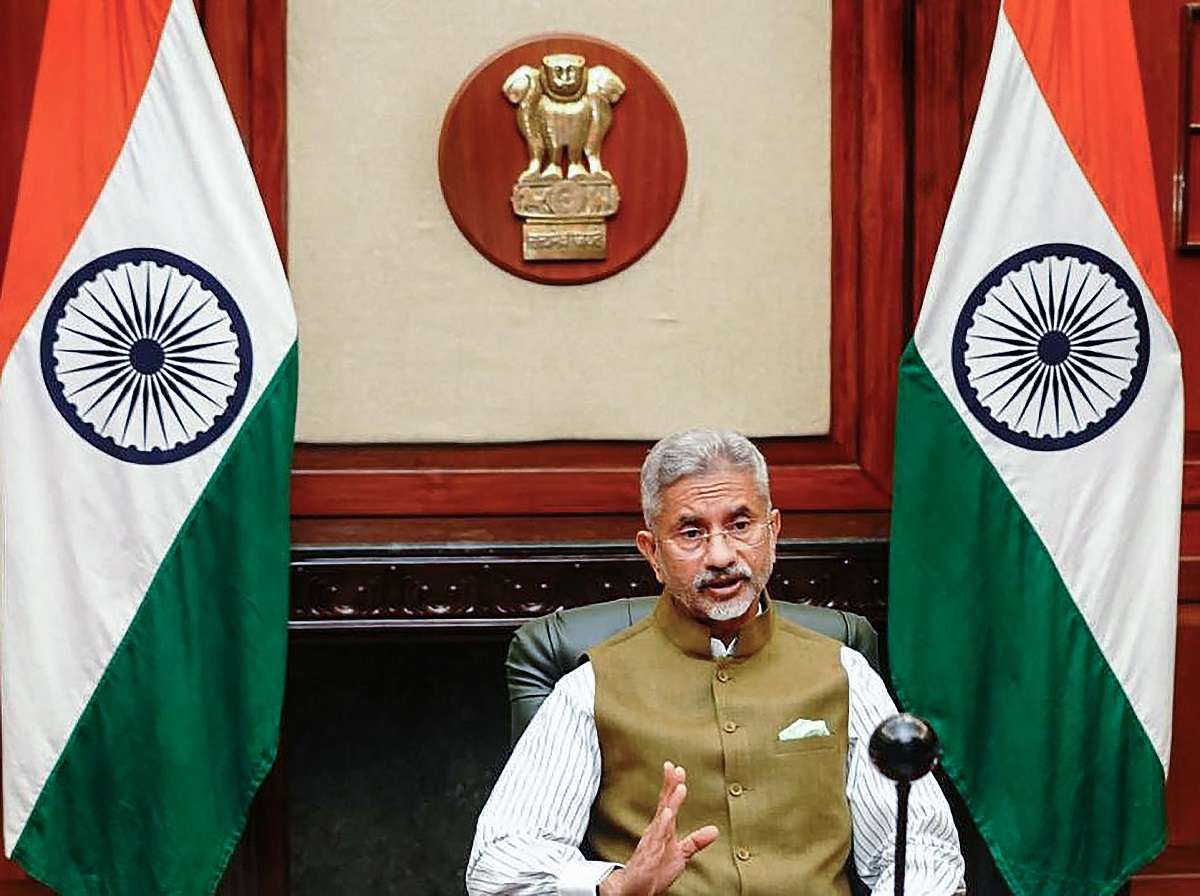
India's External Affairs Minister, S. Jaishankar, addressed President-elect Donald Trump's recent statement about imposing tariffs on BRICS nations at the Doha Forum. Jaishankar emphasized the strong relationship between India and the US, particularly during Trump's first administration, and the revival of the QUAD alliance. He also emphasized the positive personal bond between Prime Minister Modi and Trump, and India's stance against de-dollarization. Jaishankar reiterated the importance of the US-India trade partnership and stated that there are no plans for a BRICS currency.
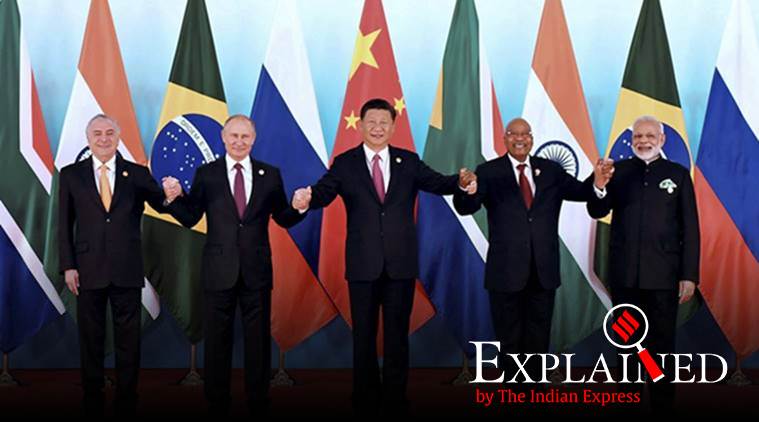
The relationship between developing nations and the US dollar has been turbulent in recent decades, with the decision in 1944 to adopt the dollar as the global trade currency having a lasting impact. Now, with the BRICS bloc musing at a new common currency and countries like Russia and China pushing for de-dollarisation, Trump has taken to social media to threaten against any such moves. While India has denied any plans to move away from the dollar, Trump's remarks have raised eyebrows and added to the already tense relationship between the US and BRICS nations.
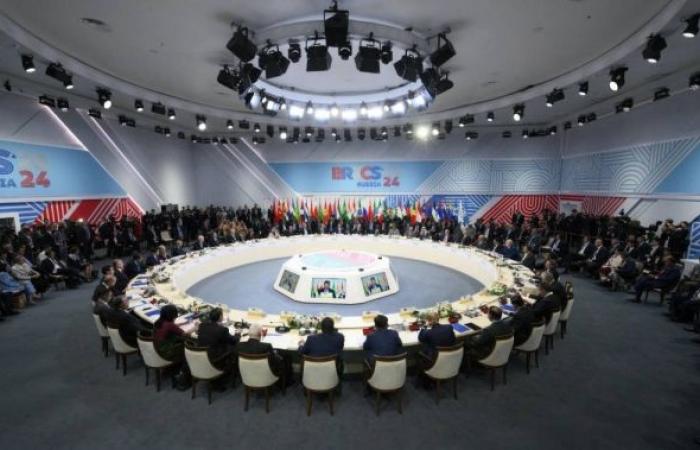
In a joint statement, the leaders of BRICS nations highlighted the urgency to combat land degradation, desertification, and drought. As Saudi Arabia prepares to host the UNCCD COP16 conference, these leaders emphasized the need for increased resources and stronger partnerships to address these environmental issues. The conference will feature the first-ever Green Zone to promote collaboration and innovation in land restoration efforts, with the aim of addressing the root causes of global food and water insecurity. This call for action comes amid current statistics that show 40% of the planet is affected by land degradation and 3.2 billion people are impacted globally.
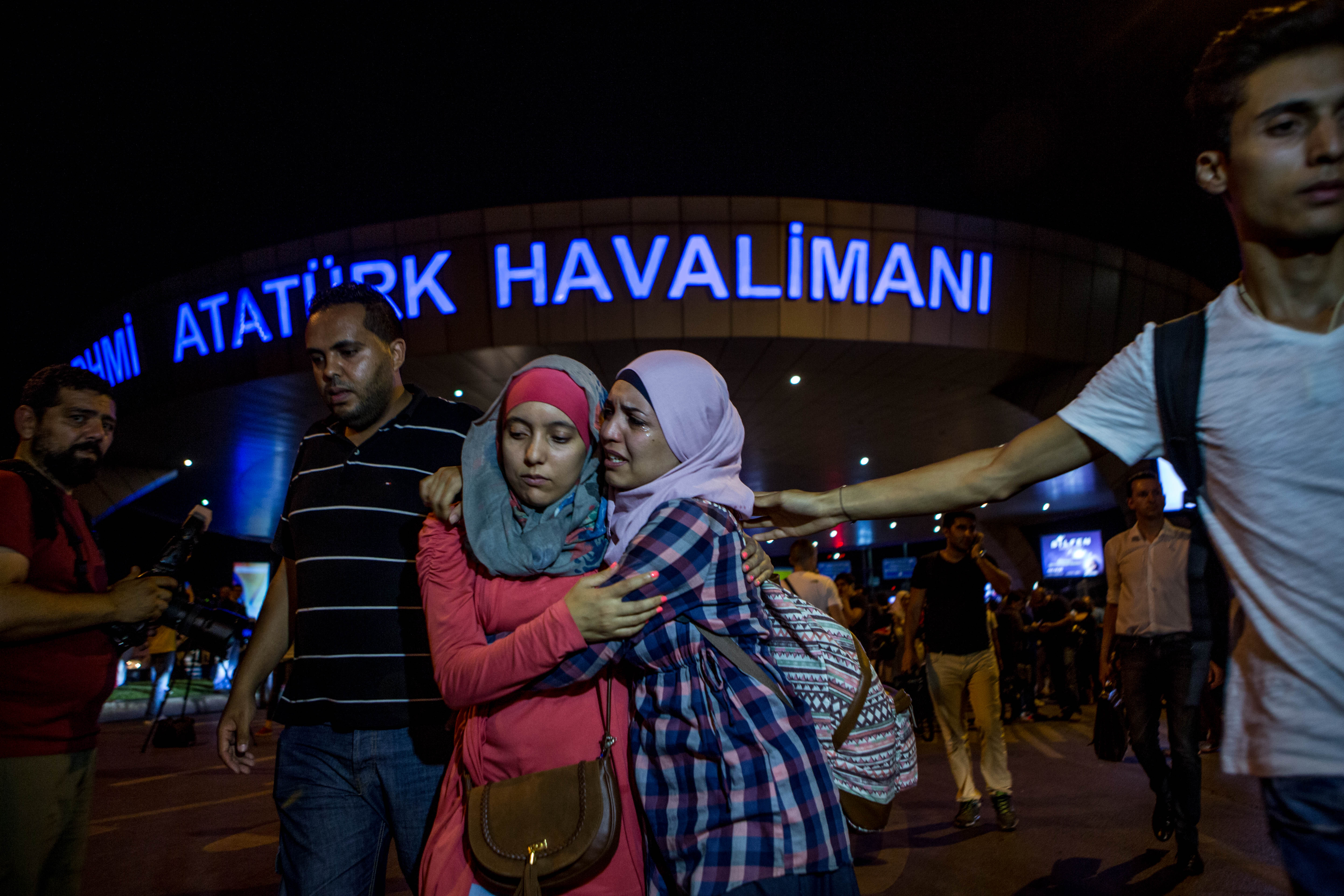
A deadly terror attack targeted the Turkish Aerospace Industries Inc. (TUSAŞ) in the capital Ankara. Two terrorists were neutralized in the attack and an investigation has been launched. The attack coincided with Turkish President Recep Tayyip Erdogan's visit to Russia for the BRICS Summit and occurred while a major trade fair for the defence and space industries was underway in Istanbul. Several videos on social media showed the attackers storming the company's headquarters, leaving three dead and 14 injured.
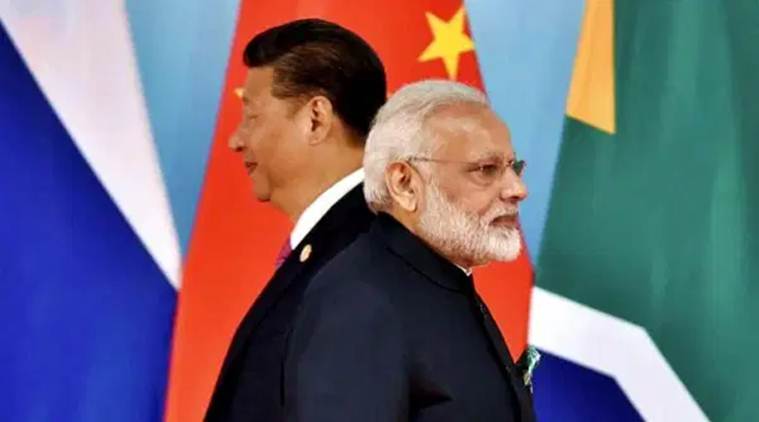
Prime Minister Narendra Modi and Chinese President Xi Jinping held their first bilateral meeting in five years at the Kazan BRICS Summit in Russia to discuss the ongoing border tensions between the two countries. The leaders highlighted the need for mutual trust and respect in guiding their relations and agreed to work towards resolving differences and disputes in order to maintain peace and stability in the region. The two sides also expressed a desire to strengthen strategic communication and explore cooperation to address developmental challenges.
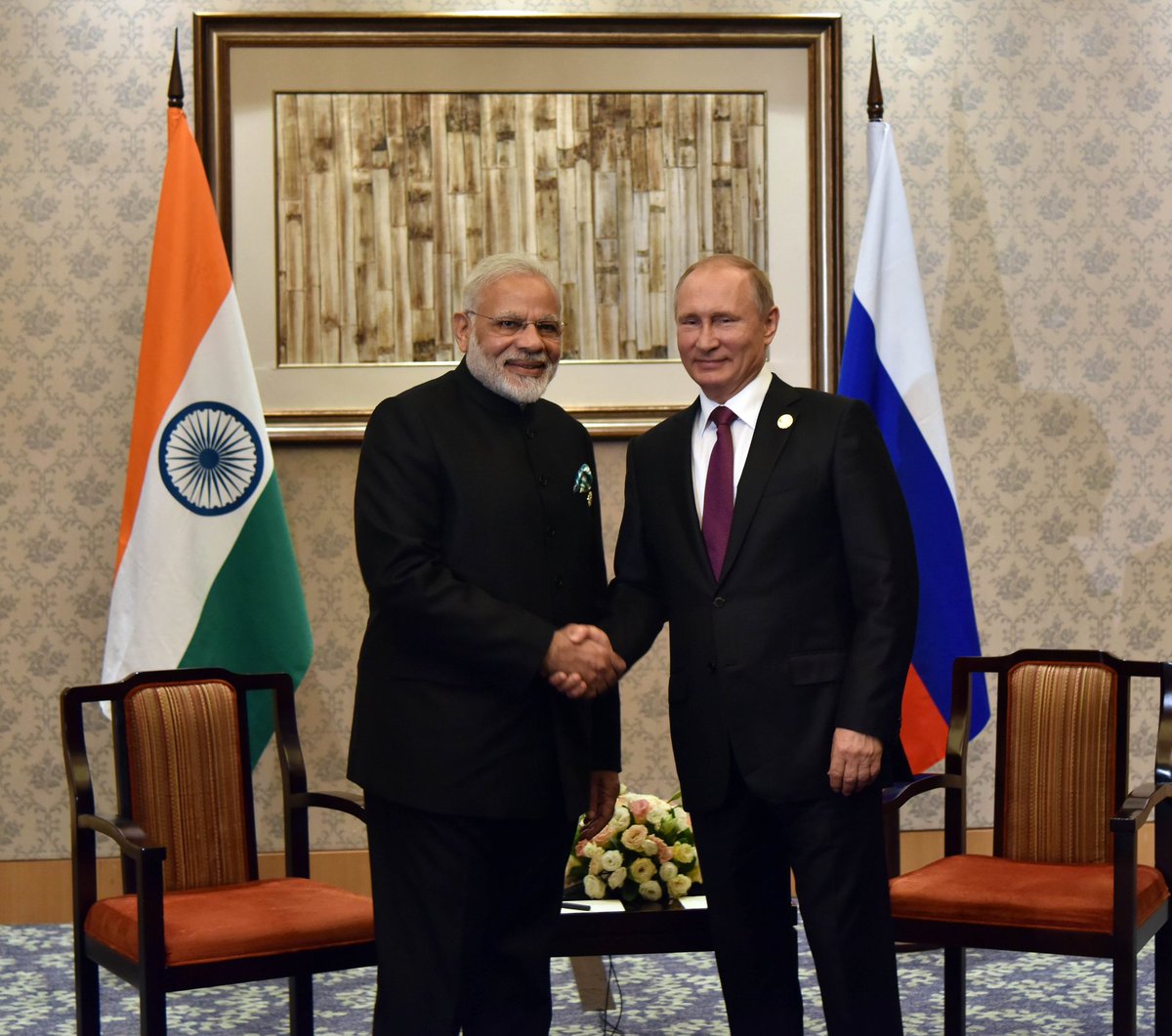
During the plenary session of the BRICS summit in Kazan, PM Modi underscored the urgent need for international cooperation in combating terrorism and its financing. He called for a unified approach against terrorism and urged for the UN's Comprehensive Convention on International Terrorism to be taken up urgently. Modi's meeting with Chinese President Xi Jinping on the sidelines of the summit takes on significance as the two countries recently agreed to disengage and begin patrolling along the Line of Actual Control in eastern Ladakh.
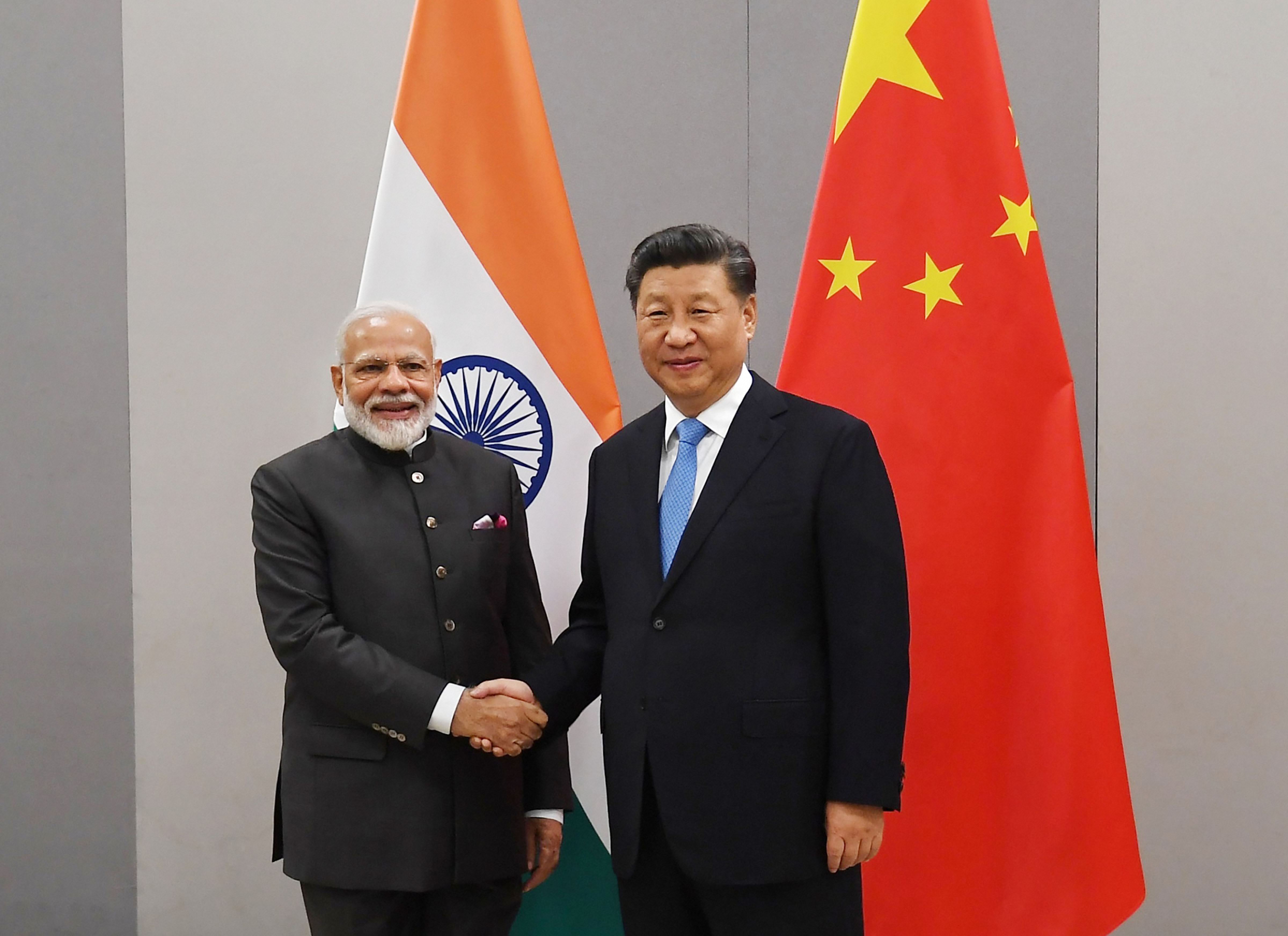
The BRICS Summit continues in Kazan, Russia on October 23, 2024 with an anticipated bilateral meeting between Indian Prime Minister Narendra Modi and Chinese President Xi Jinping. This follows a successful first day where PM Modi met with Russia's President Vladimir Putin and Iran's President Masoud Pezeshkian. The summit has also seen discussion on the ongoing Russia-Ukraine crisis, with over 30 countries expressing interest in joining the BRICS alliance. Follow live updates for more.